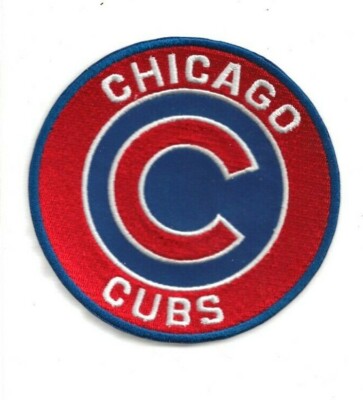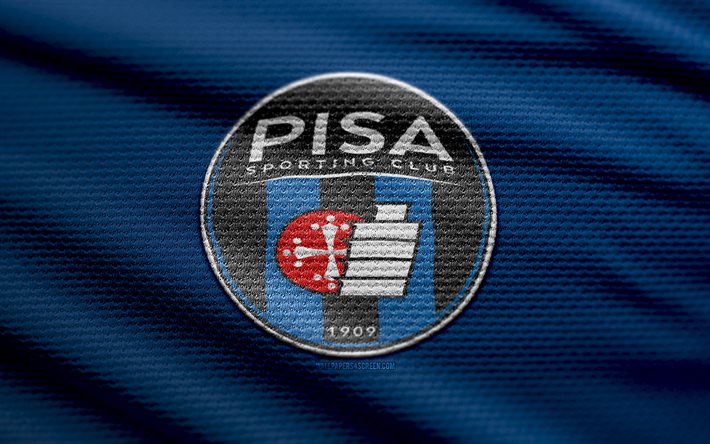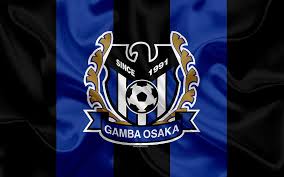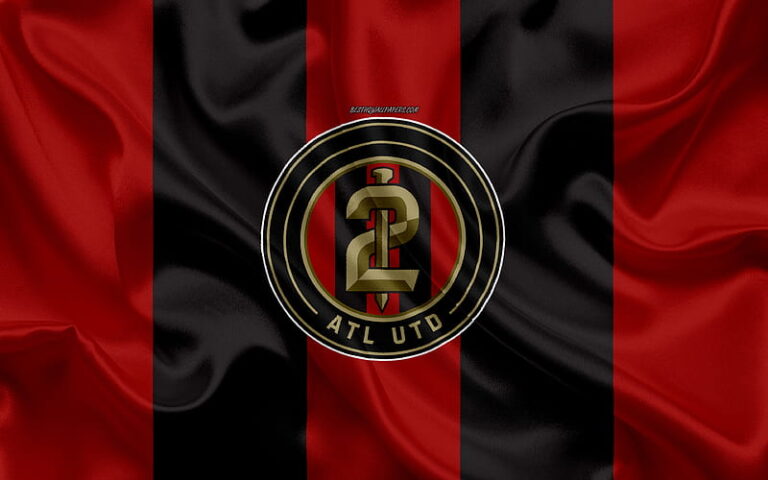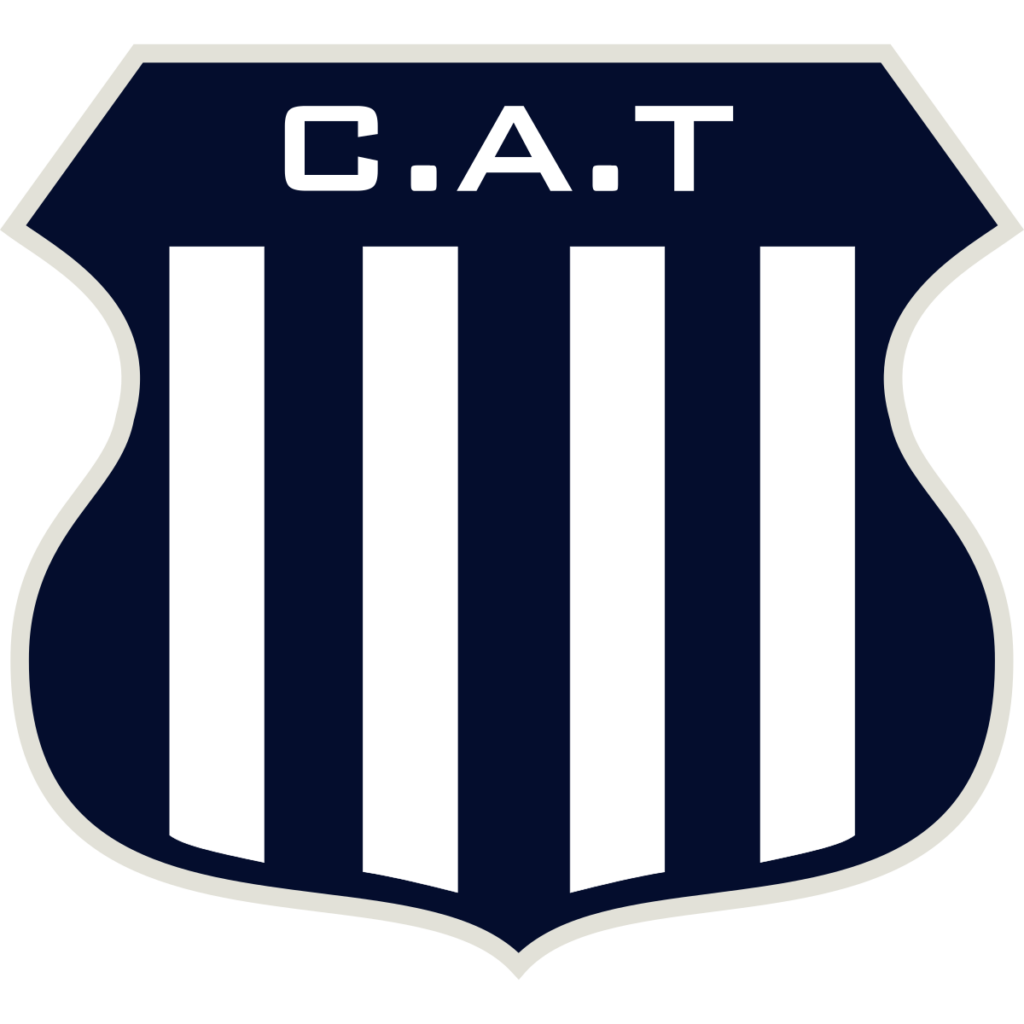
Talleres FC
Talleres FC is a renowned football club that has etched its name into the history of Argentine soccer. From its humble beginnings to its rise in national and international competitions, Talleres FC stands as a symbol of perseverance, local pride, and sporting excellence. This comprehensive guide explores every facet of the club, offering a detailed journey through its rich history, notable achievements, legendary players, and future pursuits.
The Origins and Formation of Talleres FC
Understanding the roots of Talleres FC offers insight into its enduring spirit and community-driven origins. Founded in the early 20th century, the club’s development is intertwined with the social and economic fabric of Córdoba, Argentina 88bet.
The Founding Years and Early Development
Talleres FC was established in 1913 by a group of local youths and artisans in Córdoba, who wanted to create a community-centered football team. Unlike many modern clubs that often begin with corporate backing, Talleres’ inception was rooted in grassroots activism and local camaraderie. The founders envisioned a club that would serve as a unifying force for the working-class population, fostering social cohesion through football.
In its initial years, Talleres participated in regional competitions, often struggling to sustain itself financially and logistically. However, the club’s resilience and local support propelled its growth. The early 1900s saw the club gradually expand its facilities, recruit talented players from neighboring towns, and establish a modest but dedicated fan base. These foundational years laid the groundwork for Talleres to become a competitive team within the Argentine football landscape.
The Role of Community and Local Identity
Talleres FC quickly became more than just a football team — it became a symbol of pride for the people of Córdoba. Unlike clubs with national or international ambitions from the outset, Talleres’ identity was built on community values. The club’s social clubs, youth programs, and cultural events were crucial in fostering a sense of belonging among supporters across generations.
The cultural importance of Talleres shines through their motto “Córdoba y el Mundo” — Córdoba and the World. This statement reflects the club’s aspiration to represent its city on larger stages while maintaining deep roots in local identity. The fans, known as “La T” or “Los Blanquinegros” (white- and blue-striped), are fiercely loyal and see themselves as custodians of a civic tradition that extends beyond the pitch.
Key Moments in the Early History
The years from 1913 to the 1950s marked the foundational era for Talleres FC. During this period, the club faced numerous challenges, including financial instability and limited access to top-tier competitions. Yet, they managed to secure regional titles, establishing dominance in Córdoba’s local leagues. Their first significant breakthrough was winning the Córdoba Provincial Championship in 1937, which propelled them into national recognition.
Significant figures in the early years include notable coaches and players who laid the groundwork for future success. Among them was Ángel Zubieta, a former Argentine international, who briefly coached Talleres in the 1940s, inspiring a new generation of young players. These formative years helped reinforce the club’s identity and laid the foundation for future expansion.
Growth and Expansion in the Post-War Period
After World War II, Argentine football experienced a renaissance, with clubs pushing for professionalization and higher competition standards. Talleres FC endeavored to modernize its facilities, including the construction of the Estadio Mario Kempes in the 1950s, named after one of its most illustrious alumni.
The post-war era saw Talleres gradually climb the ranks to compete in the top divisions of Argentine football. Their perseverance during these formative years fueled ambitions that would eventually see them rise to national prominence. The community’s unwavering support was instrumental in overcoming economic hardships and establishing Talleres as a formidable club in the years ahead.
